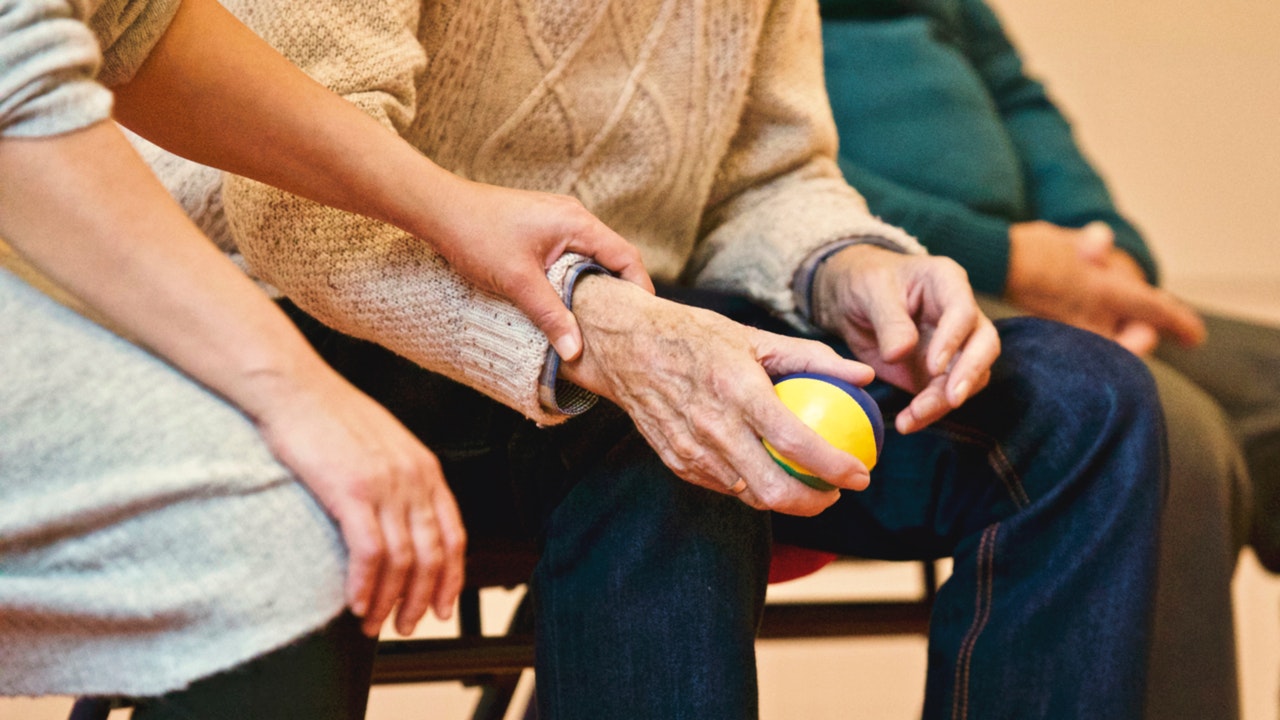Supporting a loved one through addiction recovery can be a challenging and emotional journey. However, family involvement plays a crucial role in the recovery process, providing the necessary support, encouragement, and stability that can significantly impact the success of treatment. Here are some effective ways families can support their loved ones:
Educate Yourself About Addiction
Understand the Disease
Learn about addiction as a chronic disease, its impact on the brain, and the challenges of recovery. Understanding the science behind addiction can help you empathize with your loved one’s struggles and provide informed support.
Recognize Triggers
Identify potential triggers for relapse, such as stress, certain social situations, or specific people. Understanding these triggers can help you create a supportive environment that minimizes the risk of relapse.
Communicate Openly and Honestly
Express Concern with Compassion
Approach your loved one with empathy and concern rather than judgment. Let them know you care about their well-being and are there to support them through their recovery journey.
Listen Actively
Give your loved one the space to share their feelings and experiences. Active listening helps build trust and shows that you are genuinely interested in understanding their perspective.
Establish Healthy Boundaries
Set Clear Expectations
Establishing boundaries is essential to protect your well-being and prevent enabling behaviors. Clearly communicate what behaviors are acceptable and what the consequences will be if boundaries are crossed.
Encourage Responsibility
Support your loved one in taking responsibility for their actions and recovery. Encourage them to actively participate in their treatment plan and make healthy choices.
Participate in Family Therapy
Engage in Family Sessions
Family therapy sessions can help address underlying family dynamics that may contribute to addiction. These sessions provide a safe space to work through conflicts, improve communication, and strengthen family bonds.
Learn New Coping Strategies
Therapy can equip family members with effective coping strategies to manage their emotions and support their loved one without enabling harmful behaviors.
Provide a Supportive Environment
Create a Sober-Friendly Home
Make your home a safe and supportive space for recovery by removing any substances that could trigger a relapse and encouraging healthy habits.
Encourage Healthy Activities
Support your loved one in engaging in activities that promote physical and mental well-being, such as exercise, hobbies, and socializing with supportive friends.
Stay Involved and Informed
Attend Support Groups
Join support groups for families of individuals with addiction. These groups provide a network of support, understanding, and shared experiences that can be invaluable.
Keep Up with Treatment Progress
Stay informed about your loved one’s treatment plan and progress. Regularly check in with them and their treatment providers to stay updated and offer support where needed.
Take Care of Yourself
Prioritize Self-Care
Supporting a loved one in recovery can be emotionally taxing. Make sure to take care of your own physical and mental health by engaging in self-care activities and seeking support when needed.
Seek Professional Help
If you find yourself overwhelmed, consider seeking help from a therapist or counselor who specializes in addiction and family dynamics.
The Blanchard Institute’s Approach
At The Blanchard Institute, we understand the vital role families play in the recovery process. Our Family Program is designed to integrate families into the treatment journey, offering educational workshops, therapy sessions, and support groups tailored to the unique needs of each family. By working together, we help families build a supportive foundation for their loved one’s recovery and long-term success.


